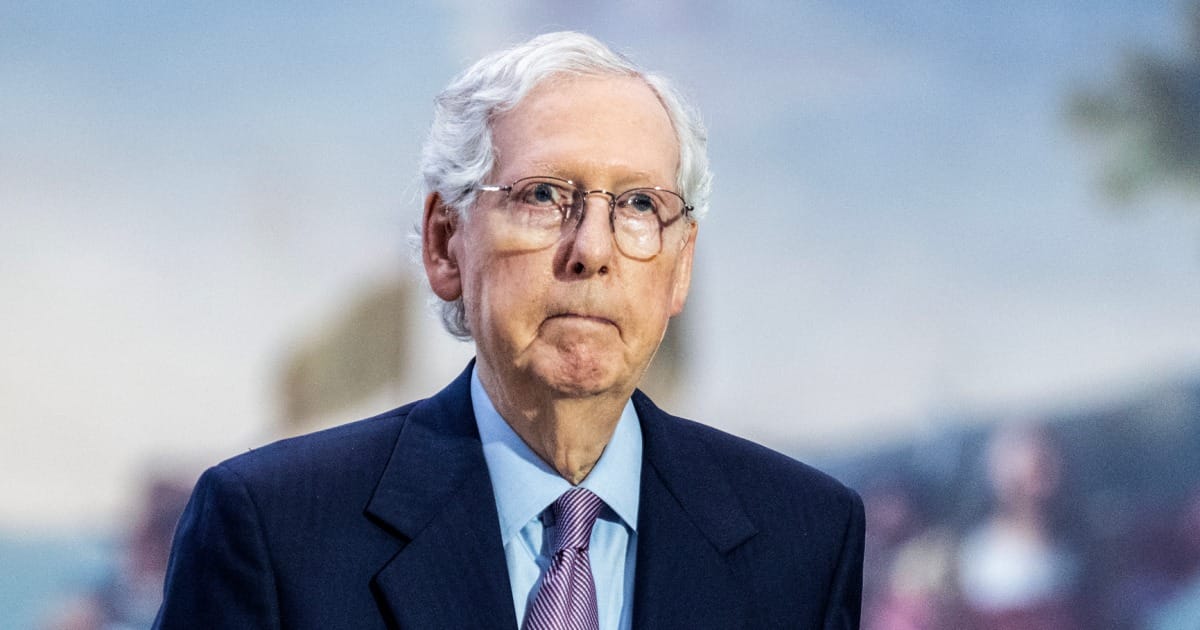Mitch McConnell to Step Down as Senate GOP Leader in November, Ends Historic Tenure
In a significant development for U.S. Senate leadership, Mitch McConnell, the longest-serving Senate Republican leader in history, announced he will step down from his position in November 2024. The announcement, made on the Senate floor, marks the end of an era in American politics, where McConnell has been a
In a significant development for U.S. Senate leadership, Mitch McConnell, the longest-serving Senate Republican leader in history, announced he will step down from his position in November 2024. The announcement, made on the Senate floor, marks the end of an era in American politics, where McConnell has been a pivotal figure for almost two decades.
McConnell, who has served as the Senate Minority Leader since Democrats took control of the Senate in 2021, and previously as Majority Leader, has been at the helm of the Senate GOP through some of the most tumultuous times in recent political history. His decision to step down comes after a period of health concerns and amidst increasing divisions within the Republican Party, particularly over issues like support for foreign allies, which McConnell has staunchly advocated for against rising isolationist sentiments within his party.
His legacy includes reshaping the federal judiciary, notably through the confirmation of three conservative Supreme Court justices during Donald Trump's presidency. However, McConnell's relationship with Trump has been notably frosty, especially since the events of January 6, 2021, when McConnell blamed Trump for the Capitol riot, leading to a significant rift between the two.
The announcement has set off a race among potential successors, with much speculation around the "three Johns" - Senators John Thune, John Cornyn, and John Barrasso, though Thune's past clashes with Trump might complicate his bid despite a recent endorsement of the former president.
McConnell's stepping down not only shifts the dynamics of Senate leadership but also poses questions about his influence within Kentucky politics, where he has been a key figure in directing federal funds and maintaining a Republican stronghold. His departure could open opportunities for other Republicans eyeing higher office, especially with speculation about his Senate seat.
This move by McConnell, who turned 82 recently, reflects a broader generational shift in political leadership, allowing "the next generation of leadership" to take over. Despite stepping down from leadership, McConnell intends to continue serving in the Senate, suggesting he still aims to play a role, albeit from a different seat, in the political landscape.
The move has already started debates within Kentucky about potential successors for his Senate seat, with state politics potentially reshaping in response to his reduced role. McConnell's influence, however, will likely continue to be felt, given his record tenure and the strategic moves he's made in reshaping not just the Senate but also the GOP's ideological direction over his years in leadership.



